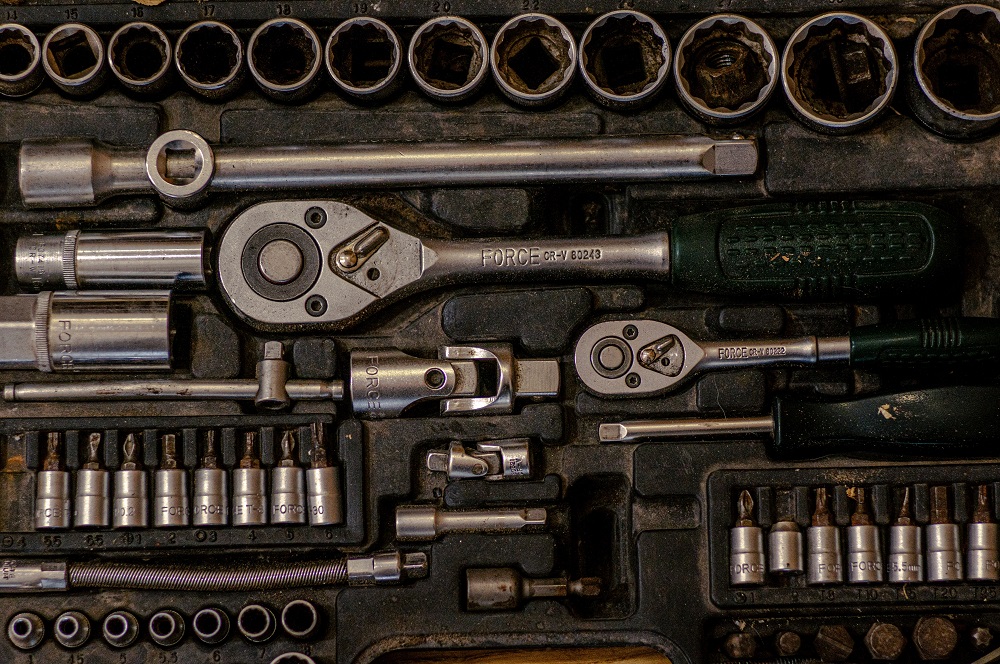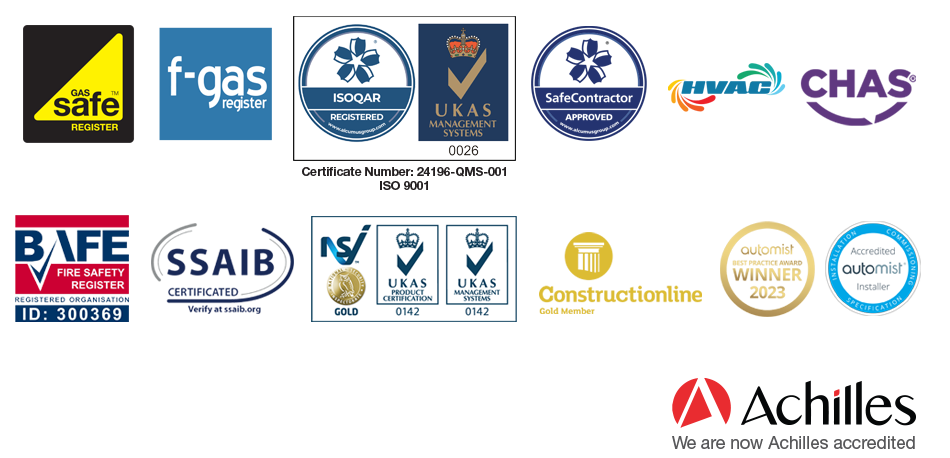At Bonus Eventus Maintenance we talk a lot about preventative maintenance – which is no surprise since it’s the foundation of our company! Preventative maintenance plans are at the heart of what our business does, and we do it because that’s the best approach for our customers. By adopting preventative maintenance, we are ensuring a good outcome for them, which is one of our core values.
But have you ever wondered why it’s so important to us, and we why don’t just practice reactive maintenance instead?
Reactive Maintenance
Reactive maintenance is when you deal with something after the problem has occurred. For example, you wouldn’t replace a seal until it broke, or deal with rust until it caused a hole in a pipe and gushing water. You do this because you didn’t know those issues were coming, and it took you by surprise. It’s an approach that is all too common, and it can cost your business thousands in repairs, damage and downtime. You aren’t planning for maintenance – you’re reacting to problems and doing the work at the last possible moment (or just after it).
For us, that would mean a lot of running around after emergency call-outs, fighting fires – sometimes literally- to keep businesses running when they are in dire need. And while we do handle emergency call-outs, we always try to move the client onto a preventative maintenance plan when we’re done.
Preventative Maintenance
Preventative maintenance is the exact opposite of reactive maintenance. Instead of just waiting for things to go wrong before you deal with them, preventative maintenance involves planning out an inspection and repairs schedule. This is a regular event, usually every month or quarter, where an engineer will carry out a full inspection of your equipment to make sure it’s all in working order. If they spot anything that isn’t working, or that looks likely to fail in the near future, they can repair or replace it then and there.
This approach means there are no small problems building up into big ones, and your machinery is always working as it should. These repairs are often minor, and could be anything from replacing a seal that’s starting to tear to tightening a bolt or cleaning a filter. Think of it as a regular health check for your machinery – something that keeps it all working properly at all times. This approach to maintenance has been gaining popularity in recent years, especially as costs have gone up and business owners are looking for ways to extend the life of their systems as much as possible!
Why Preventative Maintenance Matters
There are bound to be some things in your building that don’t require a maintenance plan – or perhaps any real maintenance. When they wear out, they are replaced, and the intervening time isn’t much of an issue. But in most cases, a machine malfunctioning or parts needing repairing is a major issue and something that needs to be solved as soon as possible. This is where preventative maintenance is really important.
Because preventative maintenance is all about spotting problems before they become problems, you can save yourself a lot of time, money and stress. At Bonus Eventus Maintenance, we believe that operations should centre around preventative maintenance, and set up plans with our customers to inspect and do work on their systems on a regular basis. This allows us to pick up little niggling problems and fix them quickly, usually for a lot less money than that major repair would cost!
If that’s not enough, here are a few other benefits our customers have seen from their preventative maintenance plan:
Elimination of downtime: No large-scale repairs means the business doesn’t experience any downtime and is able to provide service continuously.
Improved employee morale: Workers know that they won’t have to deal with suddenly losing access to equipment, or be forced to work in buildings with no heat while emergency repairs are organised.
Equipment has a longer lifespan: Because it is being maintained regularly, their equipment lasts much longer and functions better, giving them more time to handle upgrades or replacements.
Increased business credibility: They can deliver on promises without sudden issues or delays caused by faulty equipment, making them more reliable for their customers.
Better reputation: They become known as a reliable business where things never break down.
Saved money: Of course, all of them have saved money as well! Small repairs are usually cheap when they are handled quickly, which means you aren’t having to spend out on costly repairs every few months. Instead, it’s a small and manageable amount as and when needed, which is better for your cashflow and your bank balance.
If you would like to know more about our maintenance plans, or to set up your own preventative maintenance schedule, just get in touch with the team today, and we’ll be happy to help.

